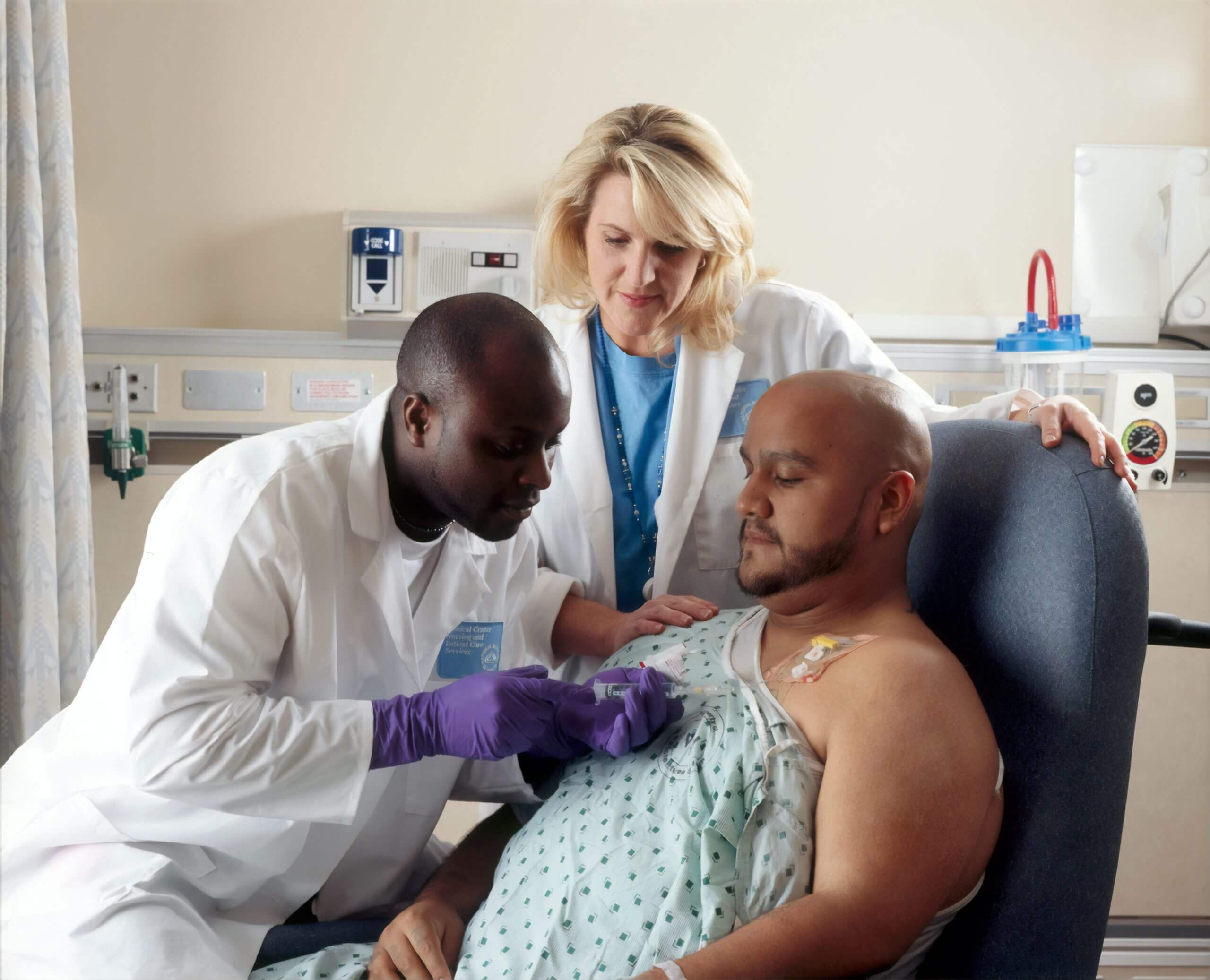Distinct types of bacteria in the human gut protect other good bacteria from cancer treatments like chemotherapy, according to a recent study. The research shows that gut bacteria help prevent changes to the microbiome by metabolizing chemotherapy drugs, which eases the side effects of cancer treatment. Hopes are high that this could lead to new developments in dietary supplements for cancer patients.
Protecting Gut Health
Probiotics and engineered therapeutics are known to boost the gut health of cancer patients. Finding ways to protect the gut health of pediatric cancer patients is especially important since changes in the gut microbiome from chemotherapy can increase the risk of health complications later in life. Obesity, diabetes, and asthma are just some of the possible side effects of cancer treatments due to changes in the delicate balance of gut bacteria.
“We were really inspired by bioremediation, which uses microbes to clean up polluted environments,” says the study’s senior author Erica Hartmann in a statement. “Usually bioremediation applies to groundwater or soil, but, here, we have applied it to the gut….We wondered if, by breaking down drugs, these bacteria could protect the microbes around them. Our study shows the answer is ‘yes.’ If some bacteria can break down toxins fast enough, that provides a protective effect for the microbial community.”
Hartmann is an assistant professor of environmental biology at the McCormick School of Engineering at Northwestern University. The paper’s first author is Ryan Blaustein, a former postdoctoral fellow in Hartmann’s laboratory. Now, he is a postdoctoral fellow at the National Institute of Health.
The High Cost Of Chemo
Cancer treatments are life-saving, but they come with a cost. Painful side effects such as digestive and gastrointestinal issues often result from chemotherapy. This can essentially wipe out the good bacteria that are required for a healthy gut microbiome.
“Chemotherapy drugs do not differentiate between killing cancer cells and killing microbes,” says Hartmann. “Microbes in your gut help digest your food and keep you healthy. Killing these microbes is especially harmful to children because there’s some evidence that disruption in the gut microbiome early in life can lead to potential health conditions later in life.”
Time Will Tell
Raoultella planticola is a bacteria that occurs naturally in the human gut, and it can break down the chemotherapy drug doxorubicin. To test how well Raoultella planticola protects the gut microbiome, mock gut communities were given various strains of bacteria with different levels of resistance to the chemotherapy drug. Highly sensitive strains to the drug had increased survival rates. By degrading doxorubicin, certain bacteria made the drugs less toxic to the rest of the gut, say scientists.
The research promises potential new innovations in protecting cancer patients, but Hartmann warns that new developments in treatment are still far off. “There are several eventual applications that would be great to help cancer patients — particularly pediatric patients — not experience such harsh side effects,” says Hartmann. “But we’re still far from actually making that a reality.”
Find this study in the journal mSphere.

Ahhh the white coat …